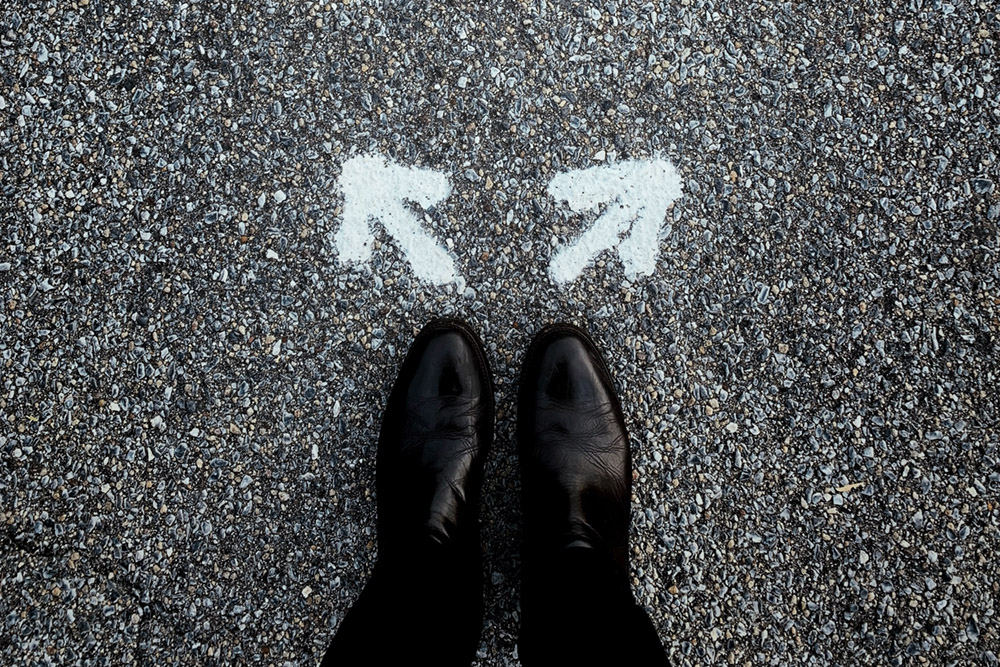
Why Having Too Many Choices May Be Messing Up Your Mental Health + How to Become a Better Decision Maker and Overcome Buyer’s Remorse (with professor Barry Schwartz)
Dr. Caroline Leaf – I think we can all agree that freedom of choice is a good thing, but what happens when there are too many choices? In this podcast (episode #409) and blog, I speak with author and professor Barry Schwartz about the paradox of choice, how too many choices causes anxiety, tips to become a better decision maker, how to overcome buyer’s remorse, how our choices affect us mentally and physically, and more!
As Barry points out in his book, The Paradox of Choice, although the freedom to choose is a good thing, more choices are not necessarily better. Too many choices often leads to bad decisions, indecisiveness, or dissatisfaction with a decision. It puts us in a constant state of uncertainty and frustration and makes it hard to commit, whether it is is a box of cereal we want to buy or someone we want to date. We always think that there may be something better around the corner, and we can’t enjoy the things we have—we feel overwhelmed, disappointed and paralyzed.
Unfortunately, we live in a society that constantly tells us “more, more, more”. It is centered around an abundance of consumer choices, which impacts our ability to choose, which, in turn, impacts our wisdom, mental clarity and ability to live well.
Not everything should be put on the free market as products, especially things like education and relationships. These are not “transactions”—these are not things where we should just focus on what we will get out of it. This transactional approach to life is affecting our ability to live satisfied and happy lives. We need to have boundaries and learn how to cultivate other aspects of our life besides the consumer market.
This is predominantly a developed world problem. In fact, research has shown that more well-off societies tend to have higher depression rates. Why? This perhaps has something to do with the aims behind our choices. People tend to have two major aims when it comes to making decisions:
1. The maximizer wants the best all the time.
They tend to battle more in an abundant society and feel more overwhelmed and depressed in general when faced with lots of choices.
2. The satisficer, on the other hand, wants what is good enough.
They don’t settle for anything, but they stop looking when their standards are met. They tend to fare better in a world with more choices.
If you make this way of approaching choices a habit, you can learn how to be resolute and happy in a world that tries to overwhelm you with “more, more, more”.
This does not just mean that ignorance is bliss—knowing less about our choices doesn’t necessarily mean we are happier or healthier. However, when it comes to making decisions, a little “ignorance” may be helpful in some cases, because more isn’t automatically better. There can be too much information, and we need to know when to draw the line. This will help us appreciate the choices we do make and live in the quality of the now moment.
How do you start doing this? Barry has some great tips to reduce decision-making anxiety:
- Remember that good enough is almost always good enough. Don’t always think that there is something better on the horizon.
- Have realistic expectations.
- Choose when to choose. Be deliberate about how you decide, and don’t just act impulsively. For example, you can decide to call up a friend and ask what phone they recommend, rather than spending weeks doing research and trying to choose a new cell phone.
- Put limits on how much searching you will do. Choose to only look at x amount of stores or xamount of websites when searching for something, for instance.
If you are someone who suffers from buyer’s remorse, then train yourself to focus on:
- What is good about a decision. Focus more on what you like about your choice, and less about what is disappointing you. Say you pick a movie and it wasn’t that great. Think about what you did like about the movie, not just what you didn’t like.
- Learning from the choices you make, so that next time you can make a better choice.
- Being grateful. This is a habit that we need to develop, and it becomes easier over time. It helps us focus on the positive aspects of our life, so we do not just ruminate on our bad choices.
At the end of the day, we need to appreciate that making good choices is worth the mental work, because we are always making choices. The only way to avoid regret is to avoid making any decisions, which is impossible because we are always making choices!
To read the original article click here.






